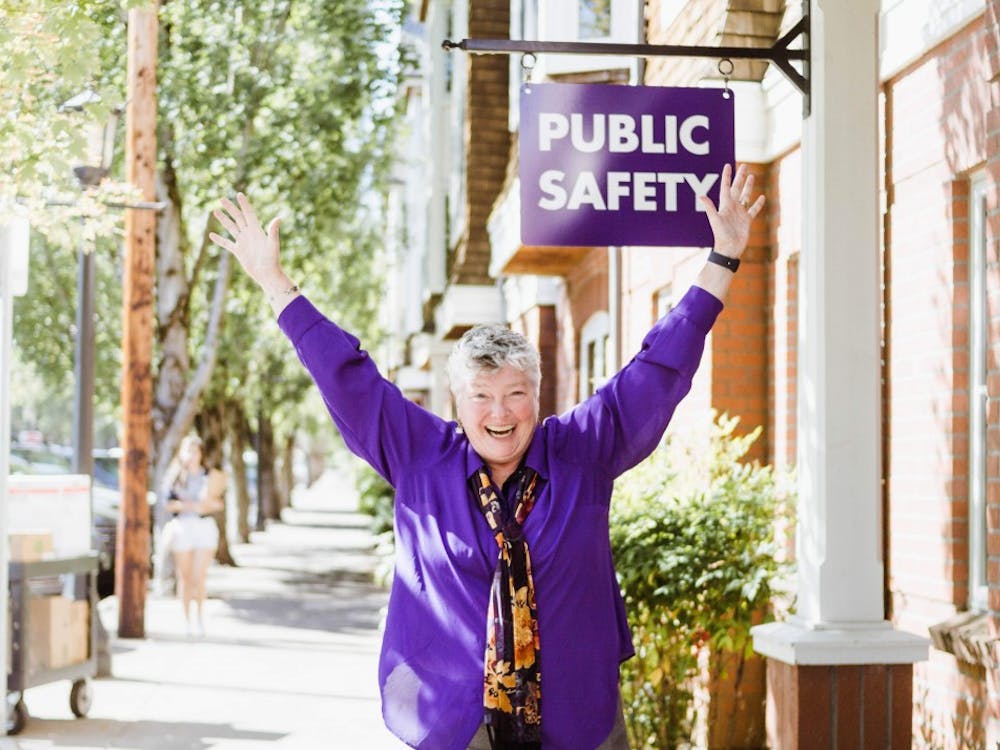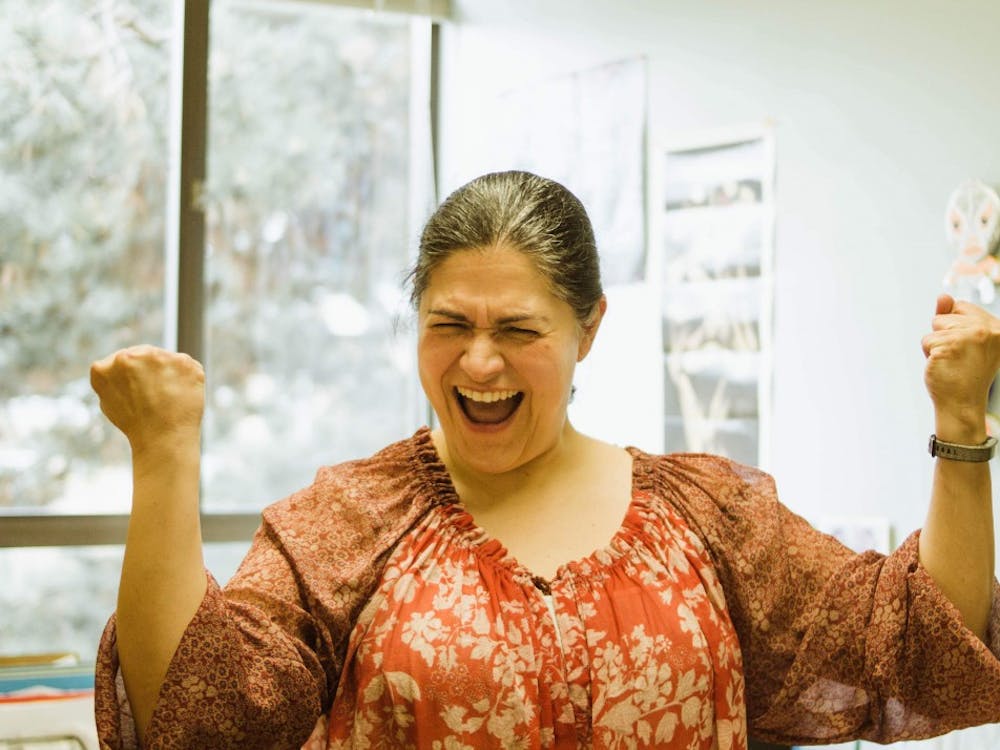By Paul Myers
The feast day for blessed Basil Anthony Moreau, csc, was Jan. 20, 2009, so it is an occasion to reflect upon the life and example of this founder of the Congregation of Holy Cross.Moreau's life and the congregation he built have a direct influence upon our lives on The Bluff. It is hoped we might be more intentional in the continuation of that story, if we come to recognize our institutional and spiritual heritage.Let me begin by saying that Moreau had a complex character that in many ways was just like yours and mine, making him quite accessible as a role model. He grew up as a normal child in north central France. He did his chores, went to school and tried to better himself. He worked, played, laughed and cried. He was a son, brother and friend to many.At the same time, he grew to become extraordinary in his intensity of passion, his spiritual focus and discipline. These attributes make him an inspiration and a model of what is possible if one were to imitate his heroic virtues. He was earnest and meticulous yet creatively poetic. He was introspective and introverted, yet was also a strong leader and highly regarded orator. He demonstrated deep compassion yet he could make dispassionate, difficult decisions in a crisis situation (as when his financial officer was swindled and to prevent bankruptcy he had to rein in many of the congregation's projects around the world). He was a missionary spirit who hardly left home. He was obedient, yet he always challenged his bishop and Rome with his new ideas and his vision for what could be. His life demonstrates heroic virtues in his response to a long series of tragedies and struggles that besieged his fledgling community.Moreau had a deep passion for not just rebuilding civil society in France or following the French Revolution, but also for bringing love, hope and faith to people throughout the world. This fact has everything to do with what UP is today. It was Moreau's vision that sent sisters, brothers and priests to Indiana in the 1840s and it was the leader of that community, the Rev. John Zahm, C.S.C., who accepted Portland Archbishop Christie's invitation for Holy Cross to come to Portland to continue the same mission and goals that Moreau had initiated in Le Mans, France, about 65 years earlier. During that time, Moreau and his leadership team established schools and hospitals in Algeria, Italy, Bangladesh, Canada, New Orleans, Austin, Indiana and then Portland (a frontier outpost in 1902). In each setting, the Congregation of Holy Cross has brought the love of God and neighbor to its pursuit of excellence in educating hearts, not just minds. In each setting, the CSCs are of and among the people they teach and serve.Moreau was trained by the Jesuits, Benedictines, Sulpicians and the French School, and so his spirituality integrated all of these perspectives, emphasizing education, hospitality, work and spiritual discipline. In many ways his daily routine included a range of spiritual and devotional practices.While some practices were not for everyone, there were many that could be imitated by the community. He had private prayer time, community prayer time, work time, and time for socializing. He was always investing in his relationship with God. He was always working on loving God, loving his neighbors and loving himself.To this day, CSCs on The Bluff follow a similar prayer life every day: A life that is shaped by Moreau's original teachings. The rhythms and gifts of those teachings are not only something for all of us to come to know and appreciate, but there may be piece that each of us might seek to imitate. Regardless of religious affiliation, how much time do we devote to converse with God or the Creator? How often do we take time out to fully appreciate our love for others and for ourselves? The CSCs talk about the charisms, or gifts, of their prayer life, and again, I have come to discover these gifts are accessible for all of us. What kinds of gifts? Moreau said, "Great teachers are courageous and unshakable and tender and compassionate, like Jesus Christ, the model of all teachers, who loved to be bothered by young people. Without this zeal among teachers, everything else falls apart."I also need to mention the fact that Moreau was rejected by his community near the end of his life. He had been in charge for a long time and many in his leadership team felt it was time for him to step aside. This is both tragic and inspirational. It is tragic for the obvious reason that he had poured his whole adult life into building the Congregation of Holy Cross, only to be rejected at the end. It is inspirational because his is a story of forgiveness and redemption on many levels. People will always have conflicts with one another. The question then becomes: Can we work through those conflicts with a loving spirit? Moreau, for one, gives us an amazing example of how to engage that difficult process. He gave a resignation speech in which he promised love, forgiveness and to serve the very people who had removed him from his position. In the end, he is celebrated as a man on his way to becoming a saint.Moreau tried to create a religious community of men and women, clergy and lay people, and this aspect of Moreau's vision for church life is a part of my experience of community here at UP. Holy Cross, from its beginning, was of and among the people they served and it is this spirit that lives on The Bluff today. The CSCs are teachers, mentors, ministers, administrators, counselors and best of all, friends.Paul Myers is the director of the University Health Center







